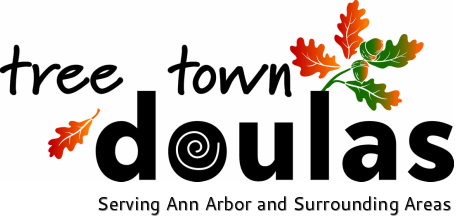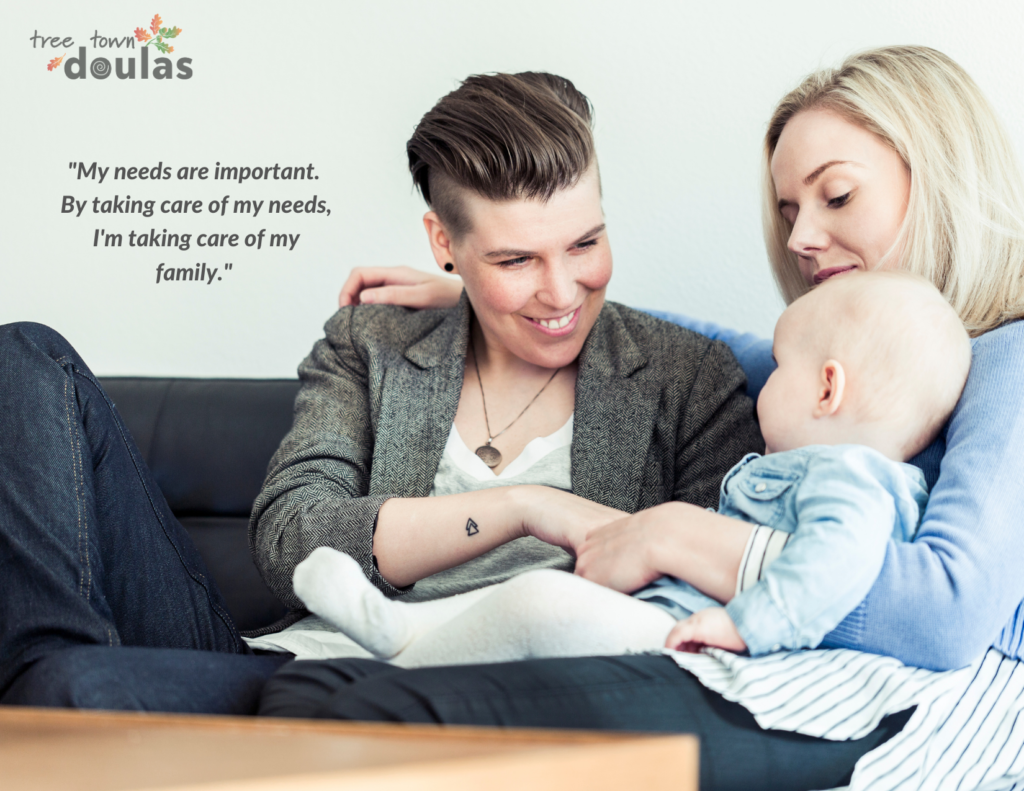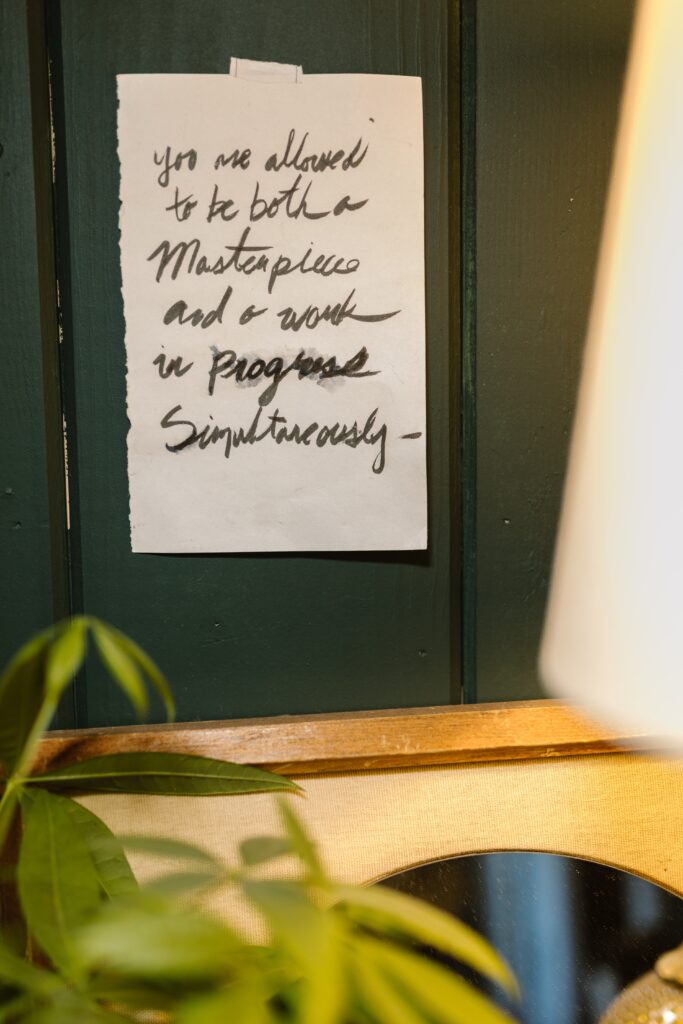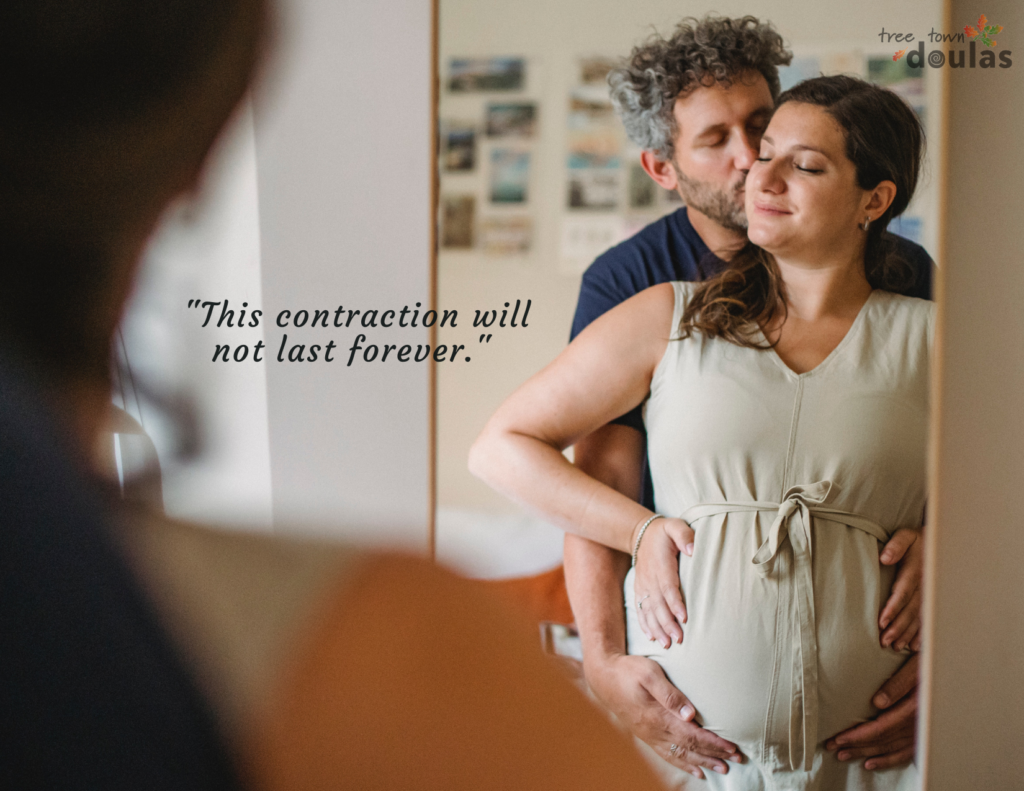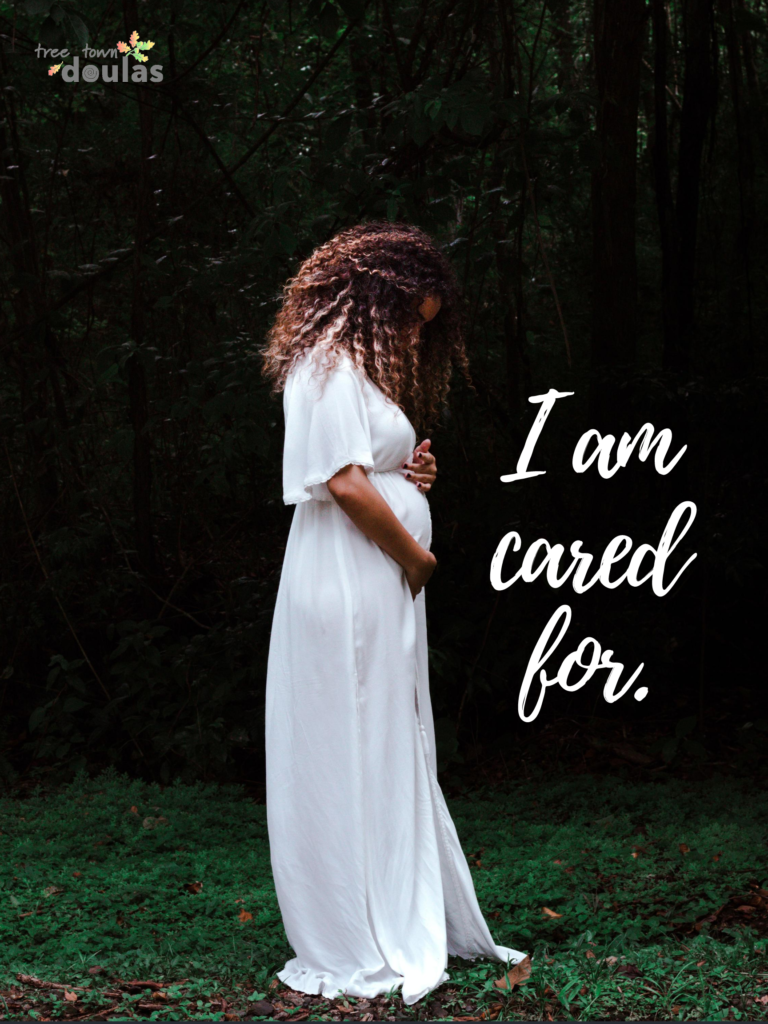PARENTING/ PREGNANCY AFFIRMATIONS AND REMINDERS
Parenting isn’t easy. And parenting during a pandemic is not for the faint of heart. Here are a few reminders and affirmations for all of the parents out there as you navigate each day with your little ones:
-
I am doing my best and that is enough for now.
-
I have value as a person (and as a parent).
-
I can give myself grace and kindness.
-
It’s okay to struggle right now. I can give myself patience and understanding.
-
I can do difficult things. I HAVE done difficult things.
-
I take care of my feelings by noticing them.
-
I don’t need to be perfect to be worthy of love.
-
Parenting is a learning process.
-
Today cannot last forever. I can get through this day.
-
I am not the only one feeling this way. I am not alone.
-
I will focus on the things that I can control.
-
I am brave just by facing the day. I am exactly the parent my baby needs.
-
I will let go of how I think today should go. I will face whatever comes my way.
-
My needs are important. By caring for myself I am caring for my family.
-
I am enough.
TRAUMAVERSARIES AND THE COVID-19 PANDEMIC
by Anna Kreiner
For those of us in Michigan, the next few weeks will be filled with anniversaries. The first wave of the pandemic in Michigan started this time last year and ushered in a whole new slew of emotions, stressors and fears. I’ve seen a lot of people already posting on social media about their last normal day at work, or the last day their kiddos had in-person classes. On the flip side, many folks would rather ignore this one year mark. All of this is perfectly okay. Some folks are having very real trauma responses to these one-year anniversaries. Some aren’t. This is also okay. However you are feeling is okay. There is no playbook for a pandemic. And especially not a pandemic anniversary.
What is a traumaversary?
A crash-course in post-traumatic stress/brains that have experienced trauma:
This is where the COVID-19 pandemic anniversary can come in.
Triggers are one of many mechanisms our brain uses to keep us safe.
Since anniversaries of traumatic incidents are never easy, and everyone will experience this month differently, I have made a list of practical tips from personal experience that can help along the way.
Practical tips for making traumaversaries a little easier:
SUPPORTING A PREGNANCY JOURNEY DURING A PANDEMIC – A RESOURCE GUIDE

Photo Credit: Pexels
This article was written for us by a guest blogger, Emily Graham, from Mighty Moms. To learn more about Emily, check out her website.
The journey to parenthood can be paved with both excitement and apprehension. Especially when parents are navigating this transition in the middle of an already stressful pandemic.
If you have friends or family members who are in the middle of such an experience, you can provide the support and compassion they need to stay afloat. You may just need a little more information to do so safely, and these resources from Tree Town Doulas can guide you.
Remind Them That They’re Not Alone
The pandemic and all of the social fallout: we’re all experiencing this trauma collectively. Even if we’re dealing with our own set of struggles, including pregnancy. Your loved one may need a little extra love and support right now, so consider sending gifts or even words of compassion.
- Surviving trauma like the pandemic requires grace, love and extra comfort.
- Your friend may appreciate a gift of comfort, like soft undies for home or the hospital.
- Or perhaps a thoughtful gift of cozy loungewear from a gender-neutral company.
- You could also offer to set up regular virtual dates to provide more social connection.
Understand Challenges of Pregnancy
While gifts and social connections are helpful, being able to understand and empathize with what your friend is going through can be even more powerful. If you’re not sure what sort of stressors they may be facing, you can do some research to find out.
- Depression can be very common both during and after pregnancy for various reasons.
- Expectant parents may also be more vulnerable to anxiety but self-care can help.
- The risks for COVID complications are also higher, which can cause even more stress.
- Even without a pandemic, pregnancy complications are always a risk for parents.
- Black parents are at an even greater risk for complications and even mortality.
Keep Parents, Newborns and Yourself Safe
It’s normal to want to be there for your loved one when they are pregnant during such uncertain times. But it’s important to remember that we’re still very much in the middle of this pandemic. Which means you all need to take the proper precautions to keep your interactions safe.
- While there’s a lot of information out there, you should follow CDC recommendations.
- This includes practicing social-distancing if you do visit new or expectant parents.
- Check in to see if you can offer support outdoors or virtually for new parents.
- A gift of non-toxic hand sanitizer from afar can help new parents and babies stay safe.
- You can also provide loved ones with online resources from sites like Tree Town Doulas.
While we’re all sailing through this pandemic ocean together, try to remember that we’re all in different boats and on different waves. Your loved ones’ experiences and worries may be quite different from your own. Particularly if they are preparing for parenthood amidst all of the chaos and uncertainty. This is why compassion and understanding are so important, and why you need to lead with these sentiments when offering your support.
Tree Town Doulas can help new parents build confidence, and provide the tools and resources both new and expectant parents need to ensure more positive experiences.
Shout this from the rooftops.
I am struggling to draw much of anything or put many words together but this is what I see in my head. If you think of yourself as an ally, this was written for you. I feel like many of you are caught in a cycle of inaction and it’s time change it. pic.twitter.com/gNezKeZ8D6
— Danielle Coke (@ohhappydani) January 7, 2021
Bodyfeeding, breastfeeding, and chestfeeding looks different for everyone, and definitely isn’t limited to one particular gender. Some folks have chests, others have breasts, and some just prefer to refer to their body as a whole. Some feed exclusively using a pump, others exclusively feed their babies straight from the breast or chest. For some parents lactation needs to be induced, and for others it doesn’t. Some use combination feeding with formula, others use solely their own milk or donated breast/chest milk. There are SO many different variations of “normal” and Tree Town Doulas is supportive of all of them. Your journey with your baby will be unique and we are always here to answer any questions or help you navigate your options. We do, after all, have our very own CLC (Erica McLeod) and IBCLC (Tara Sullivan) on board!
Posted by Indigenous Women Rising on Tuesday, 18 August 2020
Posted by Our Grandmother’s Wisdom on Sunday, August 9, 2020
An important reminder in honor of World Body/Chest/Breast feeding month ❤️ You know yourself and your family. Parenthood can feel so overwhelming at times, but we promise that all of your decisions are valid and you’re doing an amazing job.
